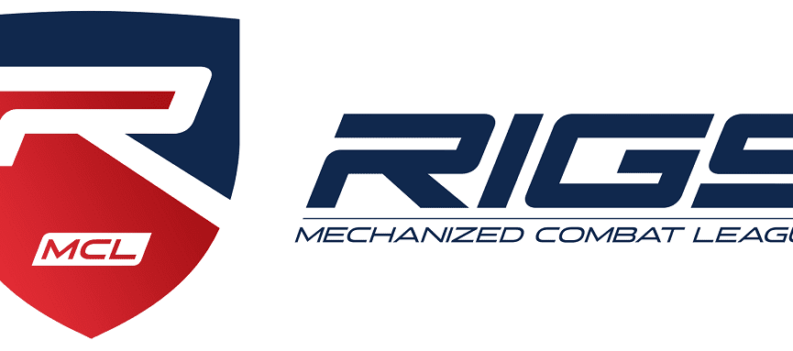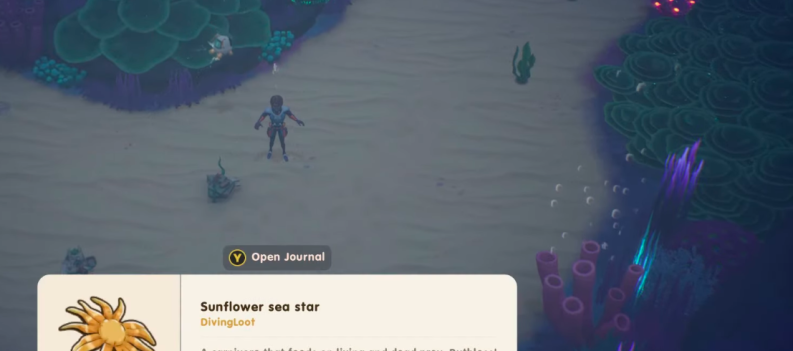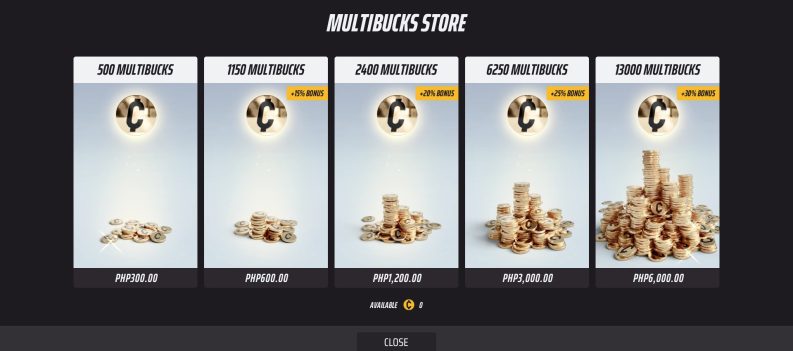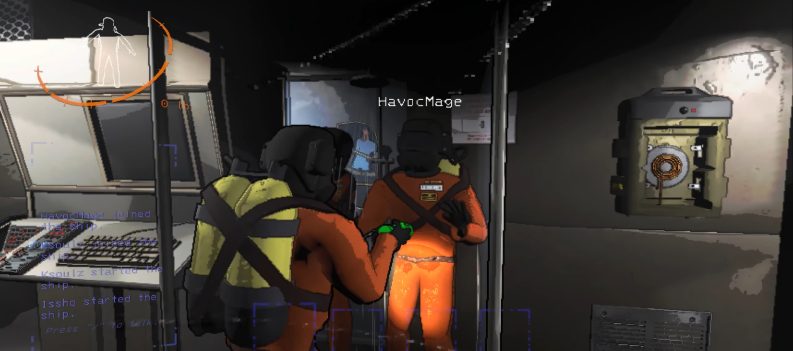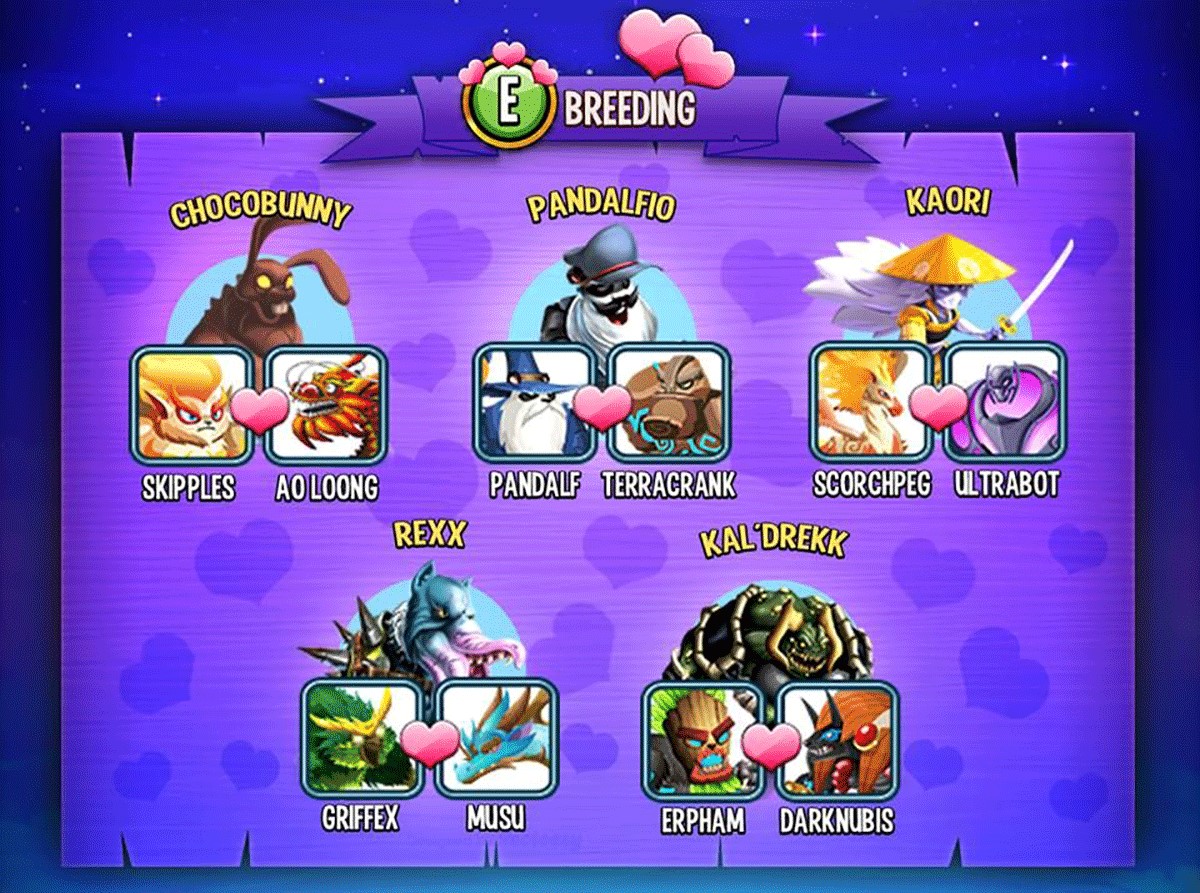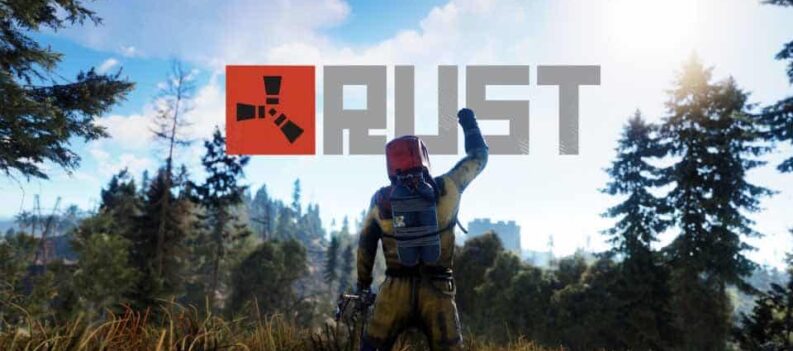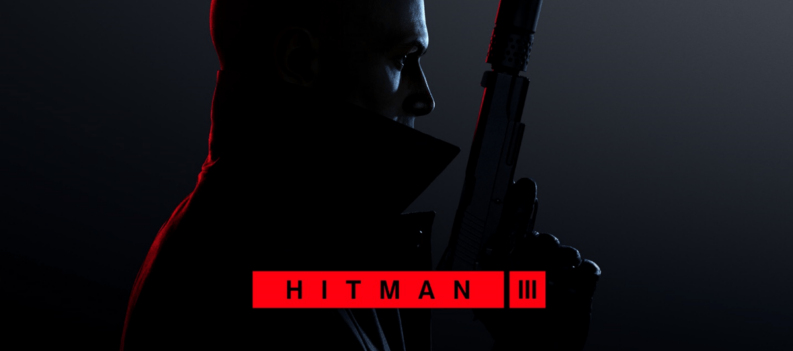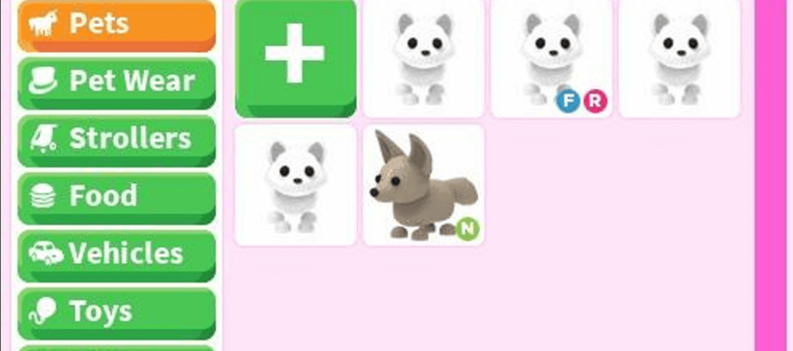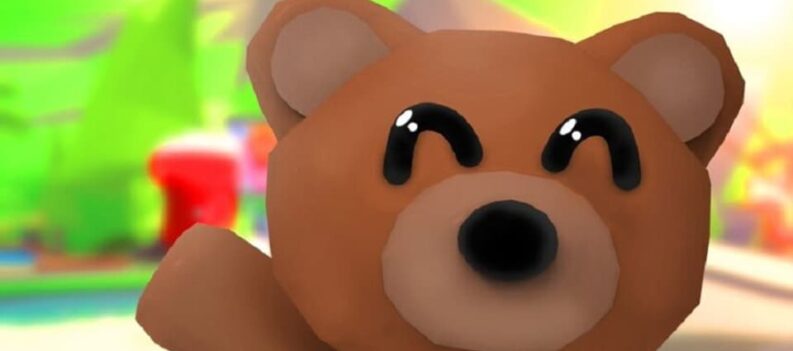As a big fan of the Black & White series, Reus looked like an opportunity to jump back into the role of a deity helping society get to a better place. While it is more of a cross between Black & White and Civilization, the game offers some great opportunities to be loved, hated, and enjoy the occasional smiting.
Everything about Reus is deceptively simple from the graphics and interface to the resources. When you first begin the game, you will not have access to some of the options or gameplay modes until meeting some of the objectives. As you accomplish some of the goals in the game, more of these will unlock. You will also be given access to a growing amount of resource options and projects, even though you never actually choose your own. This seemed like a great way to learn how to play the game. They even let you go into the menu to tweak some of the settings to make your giants faster or give you more starting bonuses if you are more of the tl;dr persuasion.
You have four giants to control, and all of them tower over your world. They each have a unique, basic power. There is a giant crab who can create oceans by lowering the terrain, a giant rock monster who can make mountains and deserts by raising the terrain, a giant tree who can create forests and there is a swamp monster who, not surprisingly, creates swamps.
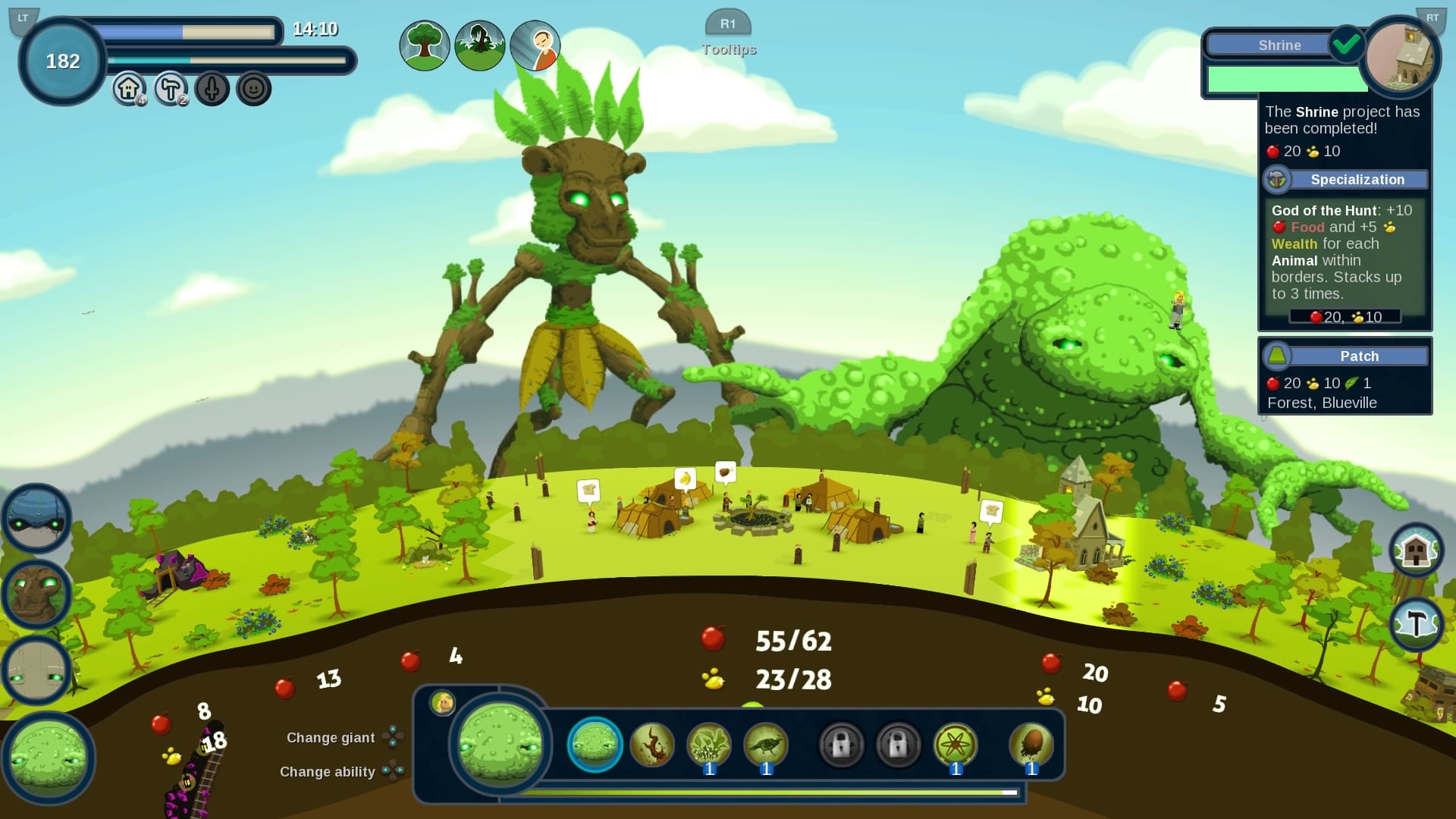
Throughout the game, you can unlock more abilities and more powerful versions of those abilities as you finish more projects in the game. The additional powers for the giants can overlap a little, but they still have a few differences. For instance, two giants can create plants, but one of them will generate a tech resource and the other will generate a food resource. The giants also can use aspects to transmute a plant, mineral, or animal into another or add buffs to it. It is not always a straight line to a better version of what you currently have. As we all know from our class at Hogwarts, you need to read the description of the transmutation result carefully and consider if that is what you really want.
You also have to pay close attention to the resources needed at the time. When you first establish your village, it is around 13 spaces long. You can pick from forest, swamp, mountain, or a desert with different plants and animals. After placing a few resources a village is created. Each has a particular resource they prefer in order to build projects. These different projects are started automatically and will be a huge benefit to your village by adding bonuses to the other resources in your village, causing the overall prosperity to increase, and growing the village size. Initially, only the resources physically closest to your village will be utilized. Over time, the town limits will expand and allow you to utilize more of the space.
If your village continues to grow, another project will start and here is where it can be a little tricky. If you used food and wealth to complete your first project, you may have to use more food, more wealth, and tech to finish a bigger project, but you may not have any ground left. Every plant, mineral, or animal has symbioses. For example, if you put a fox next to a quartz, you could improve both resources. If you play with this system, you can dramatically improve the yields, combine it with aspects from your giants, and cause the new project to be completed within the time limit. If not, you will lose the project and any bonuses.
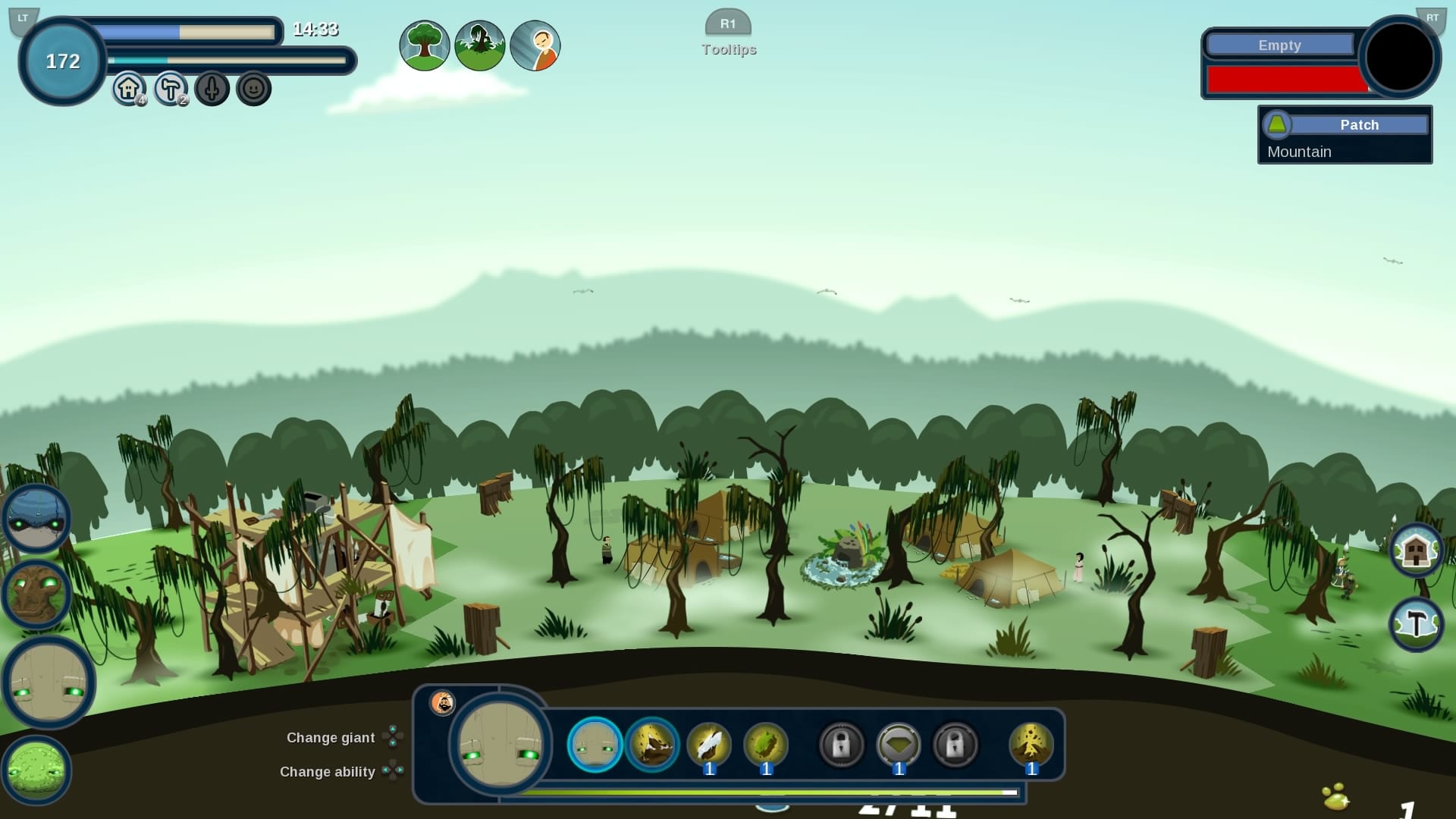
If you have several settlements at one time, this can be a little hectic. Thankfully, the game allows you to pause at any time. This is really useful, and I recommend you take advantage of it when taking the time to read any text or decide your next move. Unless you are on the free play mode. There is a timer counting down to the end of your current game, and you may need every second to make your next goal.
Being a god is a thankless job. If you improve a village too quickly, those lesser beings will become greedy and try to kill the other villages. At some point, you have to pour out your burning wrath upon those ingrates and destroy two or more armies coming to kill each other. If you do not stop them they can reduce your once thriving metropolis to a Podunk town without a McDonald’s, the universal signpost of civilization.
Eventually, the warmongers decide they have had enough and turn their violence upon their benevolent protectors. They can hurt any of the giants, but all of them except the crab can be healed. If you decide to end their puny reign of terror, you can destroy their village while reciting Conan the Barbarian’s answer to what is best in life.
One of my biggest concerns in strategy games is typically how the game controls on a console. In Reus, it works surprisingly well. The entire world is built on a wheel, and you can rotate back and forth or zoom in and out on your cities. You are able to select one space in the world, view the details, and make changes with only a few button pushes. I also really liked how it let me show or hide more info easily by pressing R1. This was a brilliant use of letting me decide how much info I wanted to see.
The graphics are clean and it is easy to determine what is happening when you are rolling through to another village. The art style fits the world perfectly, and the game runs very well. I did not experience a single crash or error and there are no loading screens or pauses after the initial load at the beginning of the game. The only weird thing I encountered was a locked resource descriptor that showed “undefined,” but this was a minor issue that did not impact me at all.
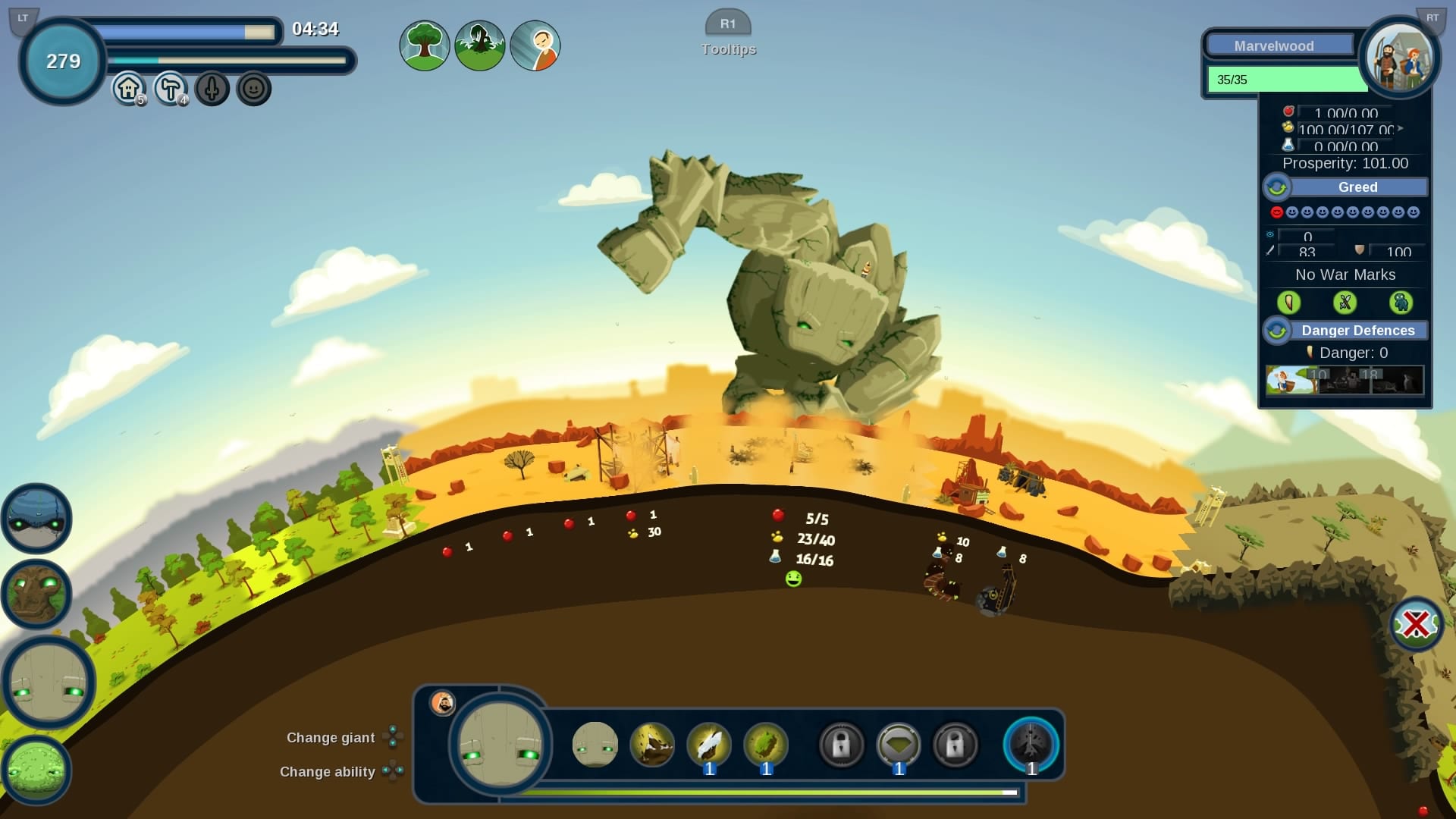
This may not be a negative to some, but you need to be ready to figure things out on your own through trial and error. This can be a little frustrating in a timed game. None of the giant’s abilities use resources, but they do have cool down times. Sometimes an upgrade is good, and sometimes it is bad. If you are micromanaging multiple village types, you can waste a lot of time and effort to transmute a plant only to discover it gives fewer food than the previous plant. In one case, a resource improved if you had an animal nest next to it, but the “animal nest” is not really defined. After trying a few animals without success, I gave up.
The opposite is also true. The game does reward experimentation, and you truly can see yourself becoming better the more you play and hit more milestones. It does take a little bit to get into the game and understand how certain parts work together, but they all build on each other.
Even after these complaints, Reus is solid, and it genuinely delivers a good strategy game for the PS4. It looks colorful and a little cartoony, and it controls exceptionally well. The depth is different than a Civilization game in which you are building and shaping your society, but it is there and waiting for anyone willing to pull back the layers of increasingly complex and interdependent mechanics. If you are a jaded, ex-PC gamer looking for a strategy title, give Reus a try. I think it will surprise you.
Reus PS4 Review
-
Overall - Very Good - 7.9/107.9/10
Summary
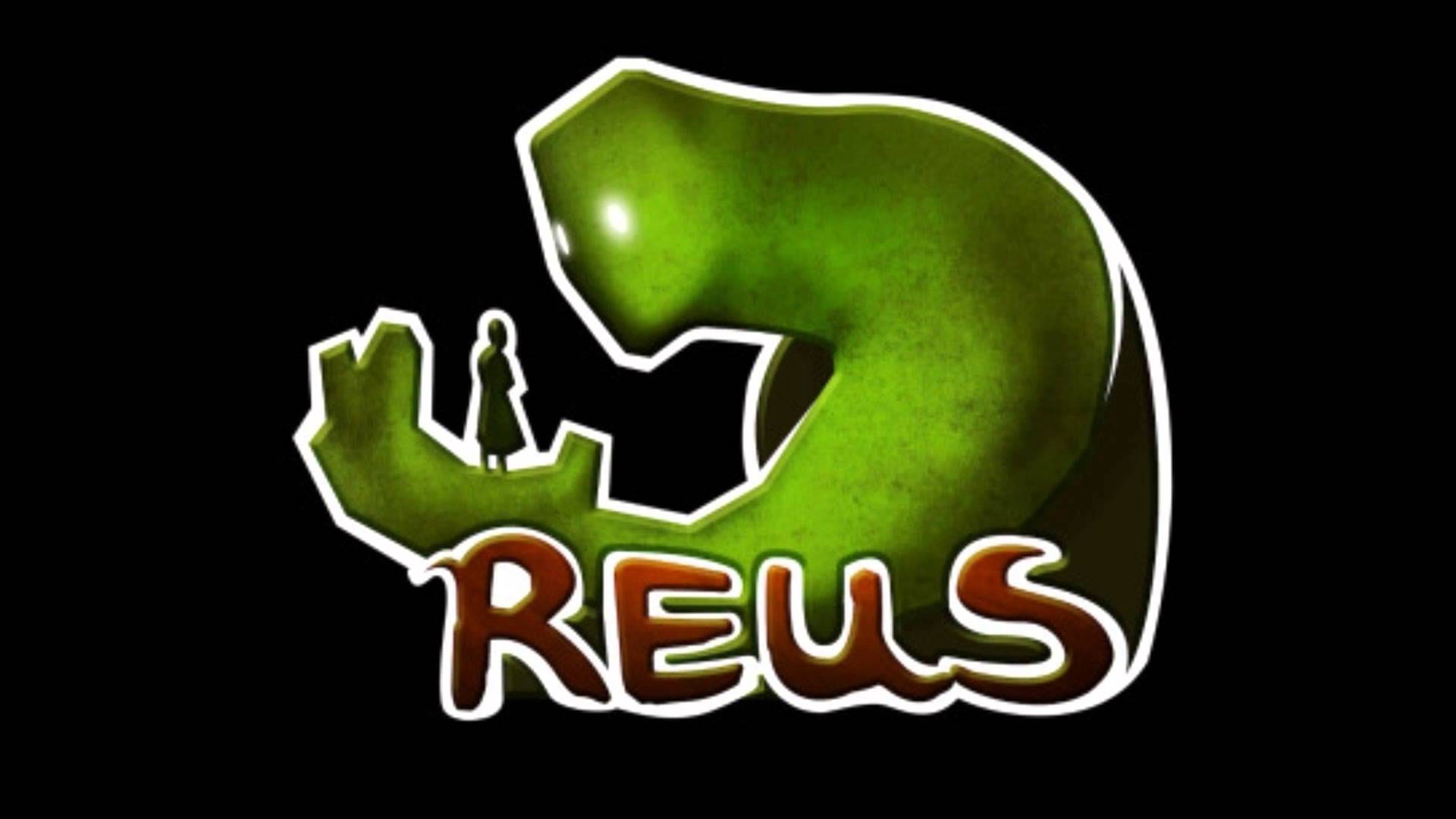
Strategy games are still rare on consoles, and Reus is a good example of the how to make a game easy to play but difficult to master. It does not offer the amount of choices or depth that a 4X strategy title would offer, but if you are willing to put the time into it learning how the game needs to be played, you will find an enjoyable strategy game unlike any other on the PS4.
Review Disclaimer: This review was conducted using a digital copy of the game provided by the publisher. This has no effect on the content of the review or the score. For more information, please read our Review Policy.


